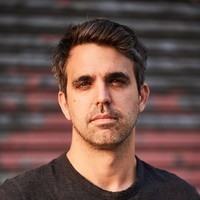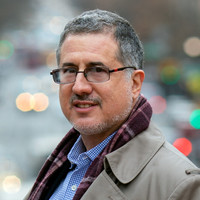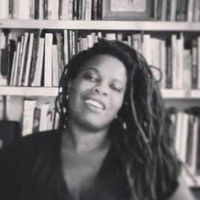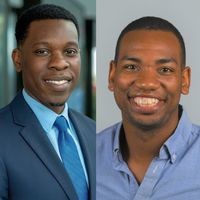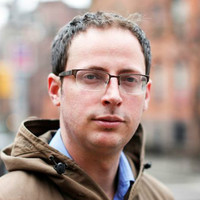Insider Baseball
On the 1988 presidential election and the boys on the bus.
“American reporters ‘like’ covering a presidential campaign (it gets them out on the road, it has balloons, it has music, it is viewed as a big story, one that leads to the respect of one’s peers, to the Sunday shows, to lecture fees and often to Washington), which is one reason why there has developed among those who do it so arresting an enthusiasm for overlooking the contradictions inherent in reporting that which occurs only in order to be reported.”

